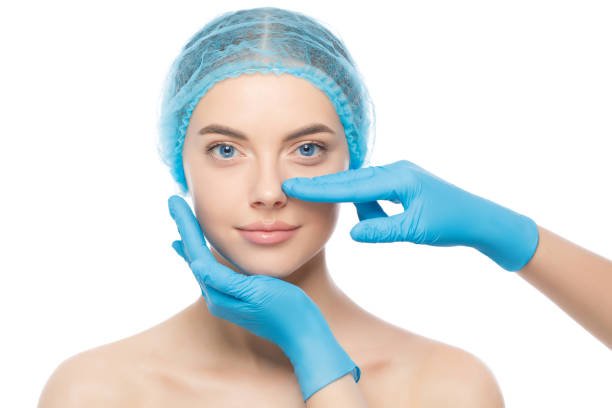Cosmetic Rhinoplasty in India starts from $900. The total cost of the treatment depends on the diagnosis and facilities opted by the patient.
Nose plays a very important role in defining one’s personality. The entire contour of the face changes with a well-defined nose in place. Rhinoplasty is a cosmetic procedure performed on the nose to enhance its appearance. It is also known as rhinoplasty or nose reshaping. The shape and size of the nose can be changed drastically to improve the features of the face.
Rhinoplasty surgery is mainly performed for aesthetic reasons. An accident or too big or too small appearance of the nose can be given a proper shape with the help of rhinoplasty surgery. A nose can get mutilated or crooked due to some injury or accident which can be corrected through a surgery. Minor problems in breathing can also be attended.
People with abrupt or deformed shape of the nose may experience problems in breathing and subsequent problem in talking normally. Rhinoplasty surgery can help provide great relief to such people.
Nose plastic surgery is commonly performed on both men and women. In fact, it ranks third in the list of most commonly performed cosmetic surgeries. The shape of the nose can be altered through rhinoplasty by addition or removal of bones, cartilage, and tissues or by performing grafting.



